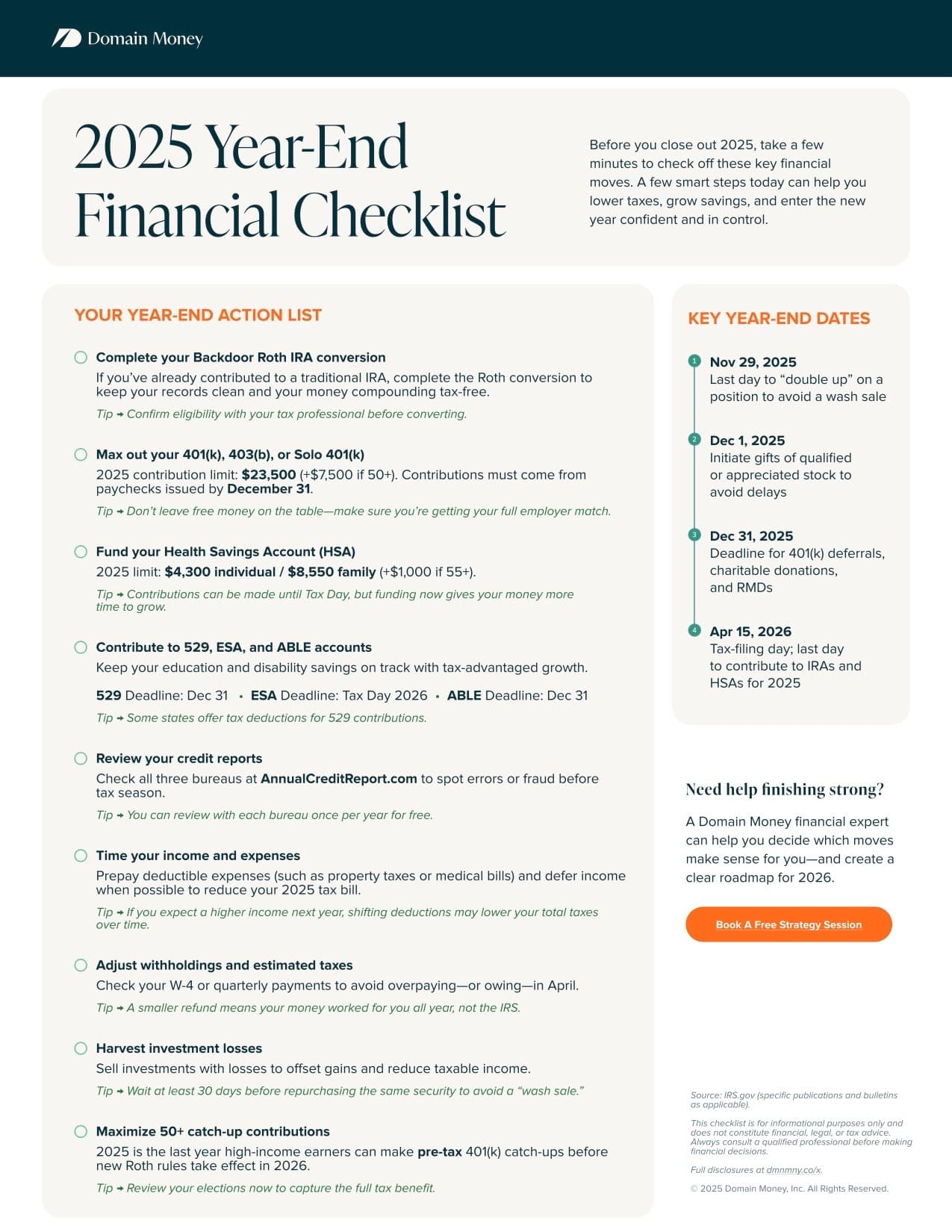Have you ever experienced unexpected expenses that completely threw off your budget? Or perhaps lost your job and struggled to make ends meet? Life is full of surprises, and not all of them are positive. That's where an emergency fund comes in handy.
What is an Emergency Fund?
An emergency fund is simply a sum of money that you set aside specifically for unexpected expenses or loss of income. Think of it as a financial safety net. It's there to protect you from the financial impact of a surprise expense, like a medical emergency, car repair, or sudden job loss. It's also commonly referred to as a rainy day fund.
How much to save
So, how much should you save in your emergency fund? As a general rule of thumb, financial experts recommend saving three to six months' worth of living expenses. However, the amount you save will vary based on your individual circumstances. For example, if you have dependents or a mortgage, you may want to consider saving more. Another factor to consider is the number of incomes in your household. If you are a single-income household, you may need to save more to offset the possibility of losing a job.
Where to keep your Emergency Fund
A great place to keep your emergency fund is in a high-yield savings account, as it has a higher interest rate than a traditional checking or savings account. A money market account is another great option, as these funds typically include very conservative investments. You will want to ensure your emergency fund is liquid, so that you can withdraw funds quickly if needed.
Start small
An emergency fund helps protect you from the unexpected and gives you peace of mind. Determine the amount you need to save based on your current and future financial obligations, and choose a safe and accessible place to store your money. Start by prioritizing your first $1,000, and continue saving gradually to ensure your emergency fund is sufficient when you may need it.








.jpg)
.webp)
.webp)